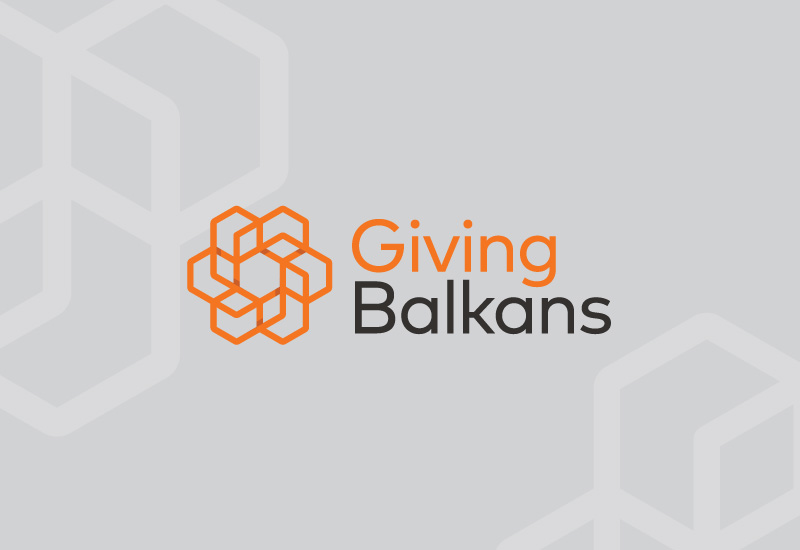
Members of the evaluator communities, organizations and interested individuals gathered at the two-day event in Croatia which was hosted by the Croatian Evaluation Network, Economy institute in Zagreb and the Croatian section of the European Regional Science Association.
The Regional Conference of Evaluators in Western Balkans and Southeast Europe, was held on October 25th and 26th, and the subject of the meeting was Evaluation Methods, Practice and Networks in the Western Balkan and Southeast Europe. Rijad Kovač, president of the WBEN (Western Balkans Evaluation Network) said that evaluation is a process of estimating whether something that time and money was invested has had expected results. Evaluators estimate the effects of particular regulations in the countries of the region and the effects brought on by the application of the regulations. It should be considered a public good, and the insight it provides creates more advanced societies, Kovač said, and added that governments and ministries should rely on the knowledge and experiences that evaluation can provide in the decision making process, so that they wouldn’t be misguided and to prevent waste of the public funds.
Zorana Brozović, our Philanthropy data analyst, was a participant at the event, and held a presentation on the methodology and the approach Catalyst Balkans uses in collecting and analyzing data on philanthropy in the region, our research results, and our new philanthropy database platform, Giving Balkans. She emphasized the importance of our work to the researchers and nonprofits in the region: “Since comparative research data on philanthropy in the region is very rare, our empirical data on the giving for public good in 7 countries in the region is very valuable. We can offer an analysis of the key participants in the sector, the main causes for giving, the institutions that are trusted by donors, and highlight good practices in the work of nonprofits, which can be useful for strategic activity planning, and policymaking. The data can also serve as additional information to researchers and evaluators of public policies and programs in the fields of healthcare, social policy, education, etc.”
Source: http://aa.com.tr/